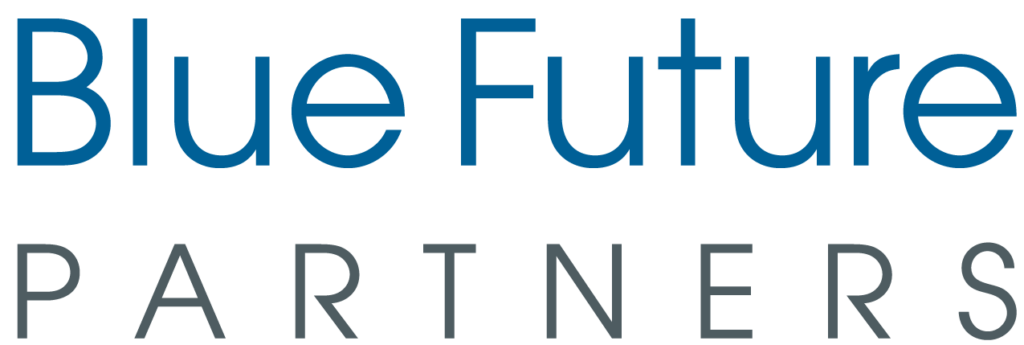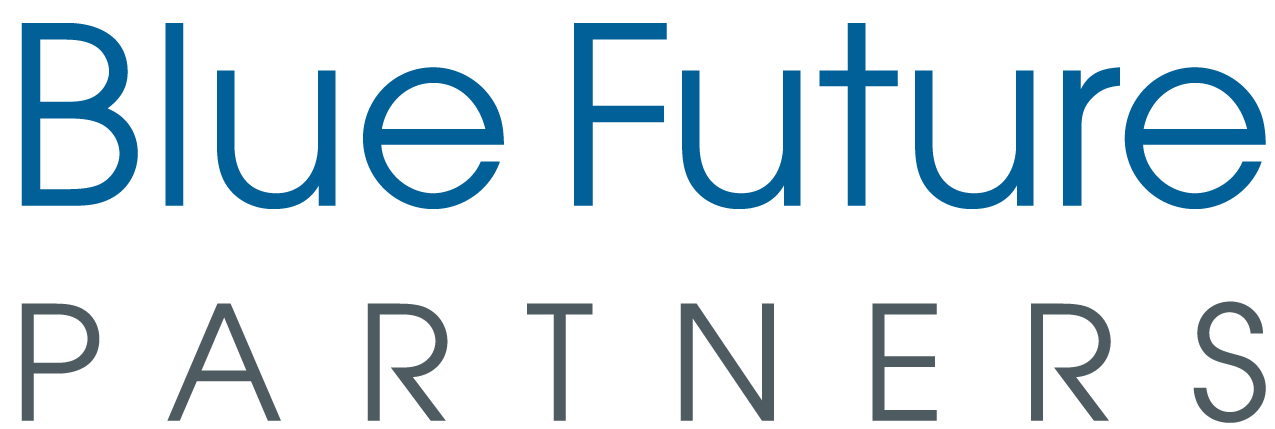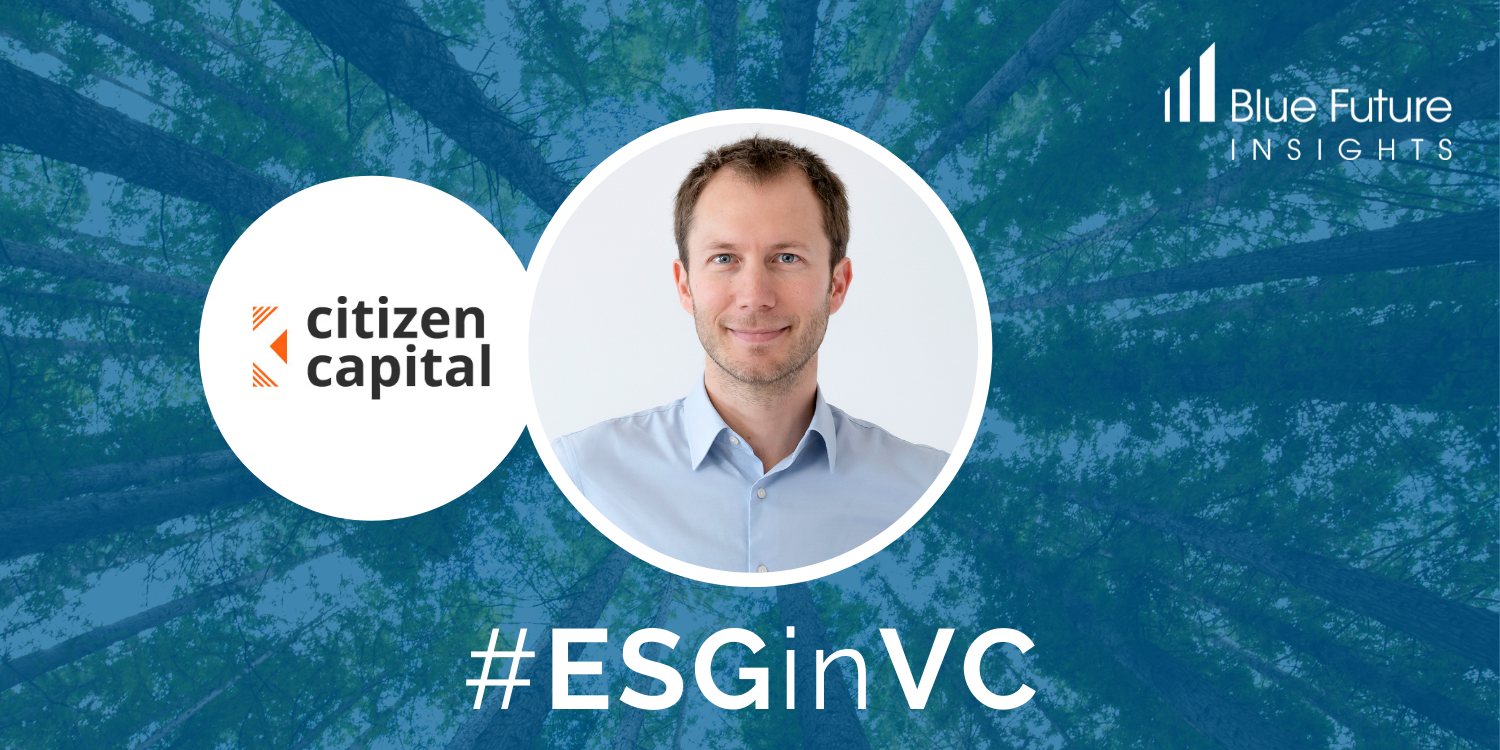With our #ESGinVC initiative, we want to foster a discussion around ESG and help each other develop and improve our frameworks. As part of this initiative, we spoke to leading managers and LPs about their ESG frameworks. The long-form interviews will be published in a reader on our website, while we will regularly post interview extracts on our social media channels (Linkedin — Twitter — Medium).
The interview below is with Jonathan Piquet, Director at Citizen Capital.
—
How do you address ESG and impact responsibility at Citizen Capital?
We regard impact and ESG responsibility as two complementary approaches. Impact focuses on how a company’s products or services contribute to solving social and/or environmental issues, whereas ESG is designed to measure and improve a company’s behavior in terms of responsibility and sustainability. While our expertise is mostly based on impact strategies, we believe that both impact and ESG are key to make businesses more respectful of our planet and its inhabitants.
Our philosophy at Citizen Capital is to back ambitious entrepreneurs who address fundamental needs and can bring about positive systemic change. Impact is therefore not an externality – it has to be at the heart of our portfolio companies’ strategies. It is what defines them and their value proposition. As an investor, we strongly believe that long-term value creation will more and more rely on a company’s ability to generate and demonstrate positive social and environmental outcomes in the upcoming years.
“…long-term value creation will more and more rely on a company’s ability to generate and demonstrate positive social and environmental outcomes…”
We therefore articulate our investment focus around 3 main themes, which we have developed over the years and which covers what we view as fundamental needs in today’s European context. Our first investment theme is Life Essentials, which means allowing individuals, especially the most vulnerable, to live in good health and dignity. The main elements here are healthcare, aging well, housing, food and basic income. Our second theme is Human Empowerment, which means enabling all members of society to achieve their full potential through trainings, career development, future of work, civic tech. The final theme is Environmental Transitions, taking action to shift towards a post-carbon economy and a more sustainable model.
What ESG and impact frameworks and metrics do you apply in your investment process?
On the ESG side, an increasing number of ESG measurement methods are emerging from international organizations and the private sector, leading to a reference list of common metrics we use at Citizen Capital. Within each main ESG-pillar, we measure several subsets. For Social, we look at factors like equal opportunities, training and profit sharing, health & safety and litigation and controversies. On the environmental side, we look for environmental policies and managing system, contribution to carbon neutrality and environmental impact & risks. On the governance side, we track the executive and the non-executive body, governance and business ethics, as well as litigation and controversies.
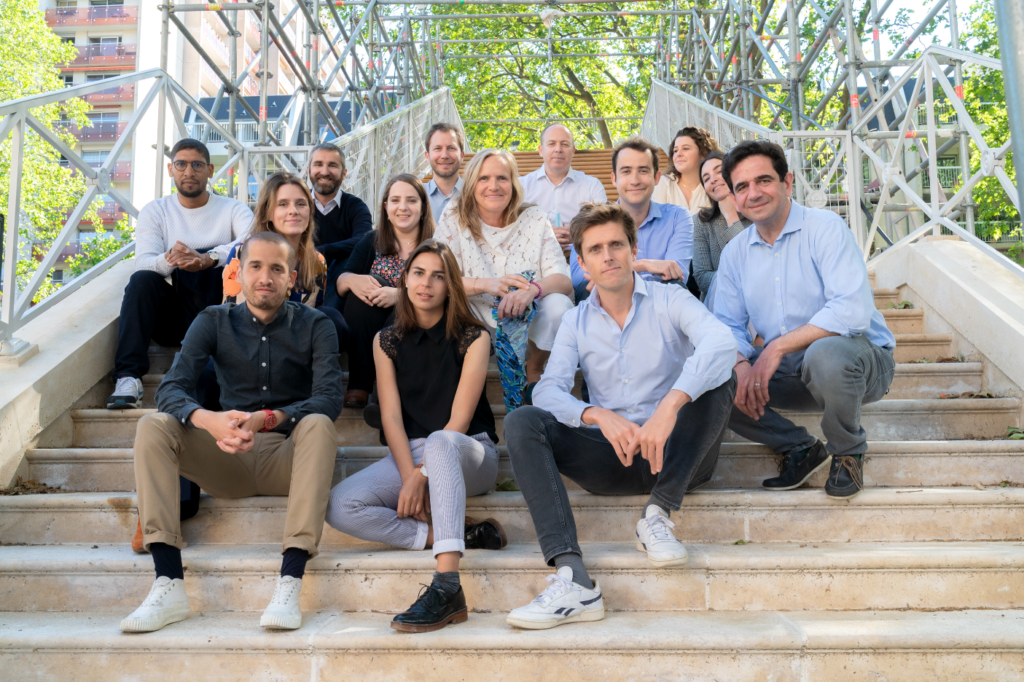
While most of our metrics are shared with our peers, we made specific adjustments to fit the profile of the companies we invest in (early-stage and late-stage startups, small-cap SMEs). We also pay particular attention to diversity metrics, as we believe the lack of diversity is a critical issue within the French and European startup scene.
Perhaps more interesting is our approach to impact measurement. When it comes to impact measurement, we reckon a one size fits all approach is not relevant. Indeed, each company has a specific theory of change, making it more difficult to build a standardized framework. Thus, we have progressively built our own impact methodology, inspired by a systematic review of industry standards such as the Impact Management Project, the GIIN’s Navigating Impact Project, the UN Sustainable Development Goals, as well as lessons learnt from 13 years of experience in impact investment. Our proprietary methodology embeds impact at all stages of the investment process, from sourcing and investment decision-making to monitoring and exit.
“When it comes to impact measurement, we reckon a one size fits all approach is not relevant.”
We first use an impact matrix assessment made of 6 key pillars, against which each opportunity is scored to assess its potential impact and its fit with our investment thesis. The six pillars to assess potential impact are: depth of the human need, vision and intentionality behind the business, additionality (is the product game-changing for society as a whole?), accessibility of the company’s offer, synergies between the business model and the mission, and mitigated social or environmental risks.
An impact due diligence is then undertaken by our investment and impact teams as an integral part of the due diligence. It aims to confirm the preliminary impact assessment, to formalize the company’s impact strategy and finally to design the impact business plan, a set of key KPIs that are included in the shareholders’ agreement together with the financial Business Plan.
What advice do you have for emerging fund managers in the impact space?
When looking at impact investing, many people tend to focus on numbers. Their first goal is to get metrics from projects or companies they are willing to invest in or have invested in. Our experience is that such approaches tend to fail. Don’t get us wrong, we do recognize the need for measurement, and we take a voluntary yet humble approach to KPIs monitoring. But to us, numbers come second and mission first.
“…numbers come second and mission first.”
Persuasive impact metrics are the result of a powerful mission embedded at every level of the company. This is why we pay close attention to the entrepreneurs’ vision and drivers, to the companies’ culture, and to their alignment with our own investment strategy. Our experience is that part of the success of an impact-driven investment strategy hinges on these intangible factors. We also recognize that impact is complex and measurement always imperfect.
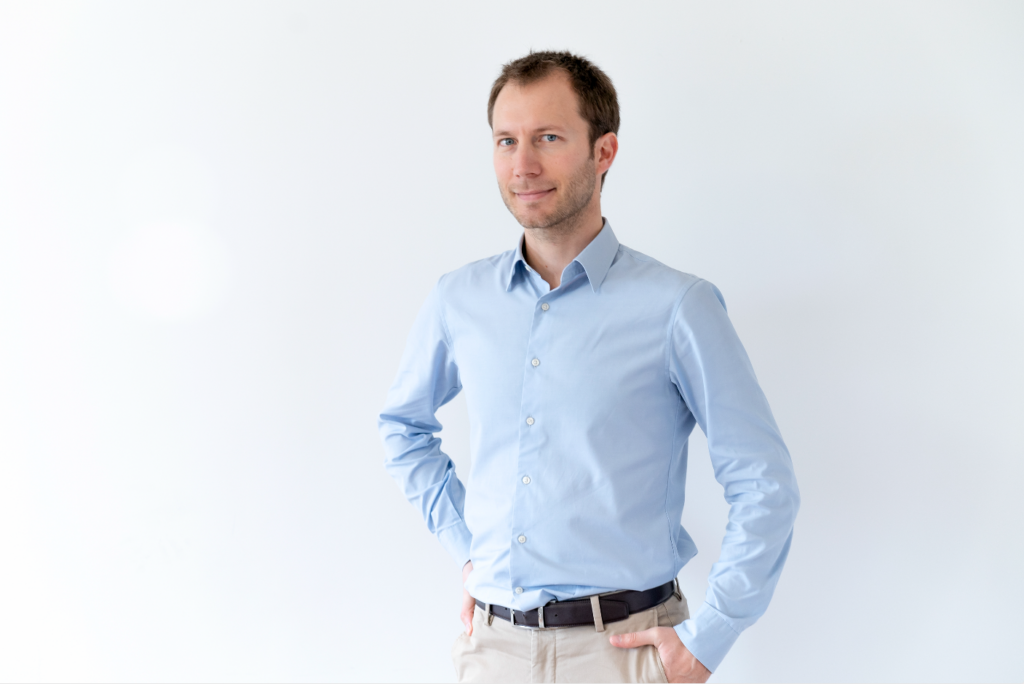
How do financial returns of impact startups compare to “traditional” startups?
Since 2008, we have shown that investing and supporting mission-driven companies can consistently create both measurable societal or environmental impact AND attractive financial returns. Our portfolio companies have nothing to envy to “traditional” startups. This requires strict selection and strong support, but by deploying strategies with high additionality that meet fundamental societal needs, those companies can take significant competitive positions in large markets. We even see a strong correlation between economic performance, measured by revenue growth, and impact performance, measured by our internal Social Impact Indicator. We predict that this correlation will become even more important in the near future.
The 2020 sanitary crisis also highlighted the strong resilience of mission-driven start-ups, especially in comparison to more “traditional” ones, since “impact” underlying markets tend to be less cyclical. Our portfolio companies evolving in sectors such as education, healthcare or environmental transition kept growing at a rapid pace despite the crisis and accelerated even faster during the recovery in 2021, thanks to their focus on fundamental needs and innovative, often digital models with strong disruption and growth potential.
—
About Jonathan Piquet
Jonathan is the director of the growth fund at Citizen Capital. In past roles, he held investment positions within various Private Equity Funds, and notably at Bridgepoint. He then worked for Proparco, a subsidiary of Agence Française de Développement, in charge of growth capital operations in Africa. Besides his investing career, Jonathan had a number of volunteer and consulting missions with French and international NGOs. Jonathan graduated from ESSEC Business School and Columbia University’s School of International and Public Affairs.
Linkedin
About Citizen Capital
Founded in 2008, Citizen Capital is a pioneer and leader in impact investing in France and Europe. Its mission is to mobilize funds to address humanity’s major challenges and back high growth companies that build disruptive solutions to tackle them. As an independent company authorized by French market authority AMF, Citizen Capital is managing 200M€ through various investment vehicles dedicated to financing early stage, growth and agriculture. It is the first management company labelled B-Corp, among PRI’s top performers, and a founding member of the “Communauté des Entreprises à Mission”, the reference body of the mission-driven companies’ movement in France.
Website – Linkedin – Twitter
About Sabine Kaiser
Sabine has worked with Blue Future Partners as an external advisor since 2017. With more than twenty years of investment experience, Sabine has extensive expertise in fund manager selection and allocation spanning across private equity and venture capital. Previously Sabine was in charge of managing illiquid PE/VC/Credit fund investments and regional asset allocation at BTV, a German single-family office. Prior to that, she worked as a venture capital investor in the field of life science and as a strategic consultant with McKinsey & Company.
Linkedin
About Blue Future Partners
Blue Future Partners is a Fund of Funds with decades worth of experience in investing in Venture Capital. We specialize in backing Emerging Managers focused on early-stage technology investments.
Website – Linkedin – Twitter – Medium

